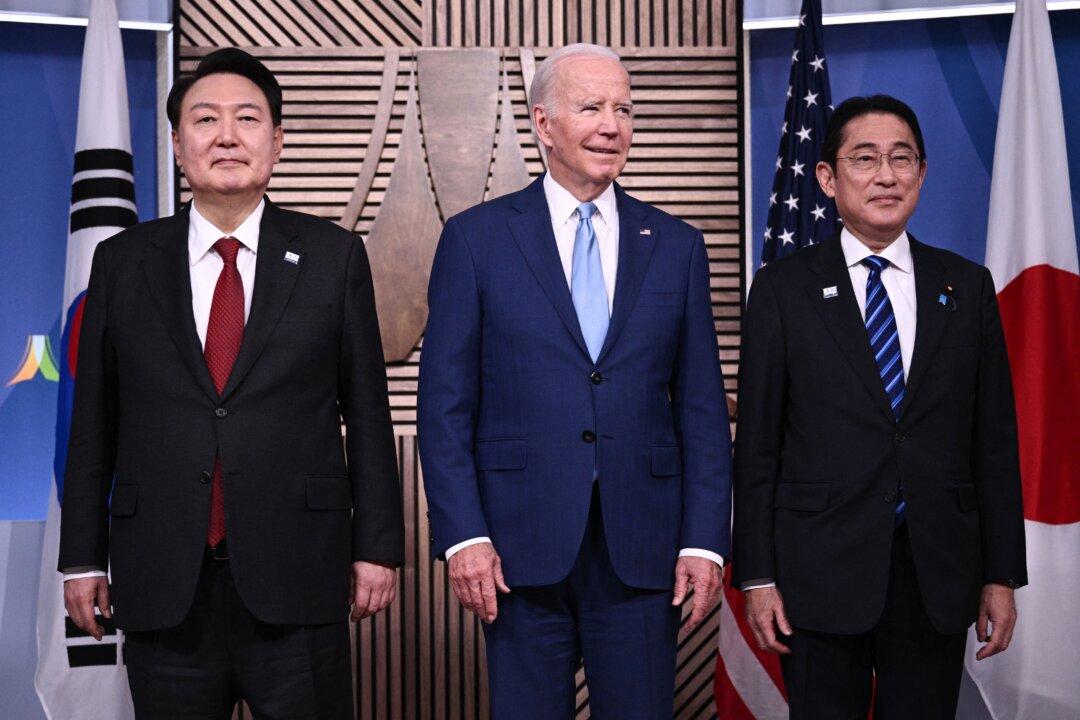In the wake of the APEC Summit in the United States, it’s evident that Japanese Prime Minister Fumio Kishida maintained a firm stance against the Chinese Communist Party (CCP), diverging from their expectations of improved bilateral relations. This shift aligns Japan more closely with allies such as the United States, emphasizing national security and global peace through a united military front. Consequently, the once amicable China-Japan relationship now teeters on the brink of permanent alteration.
Before the summit, Takeo Akiba, Japan’s National Security Bureau Chief, engaged in crucial talks with Chinese Foreign Minister Wang Yi in Beijing on Nov. 9. Their conversation focused on a possible meeting between the Japanese and Chinese leaders during the APEC event. Japan firmly addressed concerns including China’s halt on Japanese seafood imports and the ongoing Senkaku Islands dispute. In response, Mr. Wang expressed a desire for Japan to take tangible steps towards better relations. The two sides consented to continue their dialogue about the prospective leaders’ meeting.





